UIS
Institute for Regional Projection
and Distance Education (IPRED)
Academic-Administrative Unit
.
.
About
IPRED
The Institute of Regional Projection and Distance Education (IPRED) of the Universidad Industrial de Santander (UIS) has different undergraduate academic programs at the Technical, Technological and Professional levels in Distance and Virtual mode.

Gonzalo Alberto
Patiño Benavides
Director
Gonzalo Alberto
Patiño Benavides
Director
Contact us
- Mission
- Vision
- Presence
- History
OUR
Mission
The Institute of Regional Projection and Distance Education of the UIS manages actions to strengthen development in the regions, through the mission functions of training, research and extension, with national and international projection.
In its work prevails the integral and political formation of citizens capable of thinking and acting universally, with a futuristic vision, participatory, inclusive, critical, enterprising, innovative and oriented to collective construction, in accordance with the objectives of sustainable development; sustaining its work in social inclusion, rural education and the principles and virtues of the university community, educational innovation, regional projection and the continuous incorporation of technologies.
OUR
Vision
By 2030, the Institute for Regional Projection and Distance Education will be recognized for developing a collective understanding of the territories, which will allow it to identify concrete opportunities for participation through its mission functions at the regional, national and international levels.
It will offer undergraduate and graduate training relevant to the regions, with the use of innovative technologies and pedagogies. It will develop research and extension proposals, as a significant contribution to the solution of specific problems and aspirations of the community, focused on regional projection, the construction of communities of peace and sustainable development.
PRESENCE
IPRED
Historical
Overview
In its purpose of territorial projection, since 1977 the UIS has structured its actions in the region through the Institute of Distance Education and the General Directorate of Regionalization. The following is a brief summary of the main actions and regulations agreed upon at the University:
- In February 1977, the document “Basis for the study and implementation of distance studies at the Universidad Industrial de Santander” was presented to the Board of Directors of the Universidad Industrial de Santander, prepared by a group of University professionals interested in starting this educational modality at the Institution.
Read more…
- Academic Council Agreement No. 165 (August 22, 1978). By which the Distance Education Center -CEDUIS- was organized, conceived as a working group made up of civil servants of the University, who did not abandon their basic activities in order to carry out these tasks. Its main functions were to promote studies for the implementation of distance programs and to plan training courses for the necessary human resources. During this period, institutional criteria, concepts and objectives, fields of action, administrative and professor structuring, and the need for resources were unified.
- Superior Council Agreement No. 001 (January 20, 1983). By which the Distance Education Center of the UIS -CEDI- is created. The decision for its creation was made by the University Direction, based on a report prepared by a commission defined by Resolution 389 of 1982. Its mission was assigned the design of funding sources, the coordination with the Departments to carry out open and distance education programs and, together with CEDEDUIS, the realization of personnel training courses, according to needs. The University allocated the necessary budget from its COMMON FUND to set up its facilities and for the internal transfer and appointment of the required personnel. The academic operation was financed with resources from the University, as well as from the Business Technology, Agricultural Technology, Diploma in Ecology, Sex Education, Physics and Chemistry programs. In the same year, the CREADs (Regional Distance Education Centers) were put into operation.
- Superior Council Agreement No. 080 (November 24, 1983). By which Agreement 001 of 1983 is modified and expanded. The Advisory Committee is redefined (including the Academic Vice Rector) and new academic functions are assigned to this committee, which must now study and give its opinion on the creation of new programs.
- Superior Council Agreement No. 045 (July 13, 1984). By which the Faculty of Distance Studies – FEDI- is created. CEDI ceases to be a Center attached to the Rectory and becomes a Faculty, governed by the guidelines of Superior Agreement 053 of July 21, 1982, which defines the organization of the Faculties. The figure of Faculty allows its participation as a member of the Academic Council. The definition of functions for four Department Directorates and the approval of the student Bylaws and Regulations constitute another advance for the new Faculty. Likewise, in 1984, the Superior Council approved the Agricultural Technology and Livestock Technology programs, while the Business Technology program remained.
- In 1992, in the Superior Council Act N°001, Rectorial Projects, the creation of the REGIONALIZATION PROGRAM was proposed, which seeks as a basic premise “to bring to the Santander Regions the experience, quality and knowledge of the Universidad Industrial de Santander in Higher Education, providing a benefit for the community and the development of these regions…”.
- The REGIONALIZATION PROJECT was crystallized and presented to the Superior Council in 1993. The initiative defined as its objectives the “development of training programs at the technological, professional, postgraduate and continuing education levels in those cities with the greatest regional influence”. The Superior Council established as target municipalities for this program: Socorro, Malaga, Velez, Barbosa and Barrancabermeja1. That same year, the Universidad Industrial de Santander Corporation was established with its Campus in Socorro, and work began in this city with the offering of the basic cycle of three engineering programs. This corporation would be financed by resources from the Government, the territorial entities and the University.
- Superior Council Agreement No. 057 (September 7, 1994). By which the organizational structure of the Universidad Industrial de Santander is reformed. The Faculty of Distance Studies is abolished and the INSTITUTE OF REGIONALIZATION AND DISTANCE STUDIES -IREDI- is created, a scheme under which the Unit is responsible for managing distance studies (which already had a history at the University) and the nascent Regionalization program. The Superior Council considered it pertinent to define the Unit as an Institute, since the unit was based on “a pedagogical methodology rather than a field of knowledge”. The Agreement defined that IREDI would have a DECENTRALIZED MANAGEMENT of the economic and infrastructure resources necessary for the fulfillment of its academic and administrative activities, thus granting it a certain level of administrative autonomy. For its research and “extension” activities, it could count on the support of the General Directorate of Research and the Directorate of “extension”, both attached to the Academic Vice-Rectory, as was also the case with IREDI.
- Academic Council Agreement No. 026 (March 13, 1996). By which the mechanisms of operation of the Regionalization process at the Universidad Industrial de Santander are approved. In this Agreement, REGIONALIZATION is defined as “THE LINK BETWEEN THE UNIVERSITY AND THE REGION, WHICH MAY BE GIVEN THROUGH THE ESTABLISHMENT OF UIS CAMPUSES, CREATION OR EXTENSION OF PROGRAMS THROUGH AGREEMENTS.” The Agreement assigns to IREDI the responsibility of institutional representation for the development of regional research, feasibility studies, curricular designs and their respective administration and implementation. It also establishes that the Schools should provide support and exercise the Academic Direction of the undergraduate, graduate and continuing education programs, whose EXTENSION is approved. Regarding financing, for graduate and distance education programs, the criterion of SELF-FINANCING (income from tuition and contributions from public or private entities) was defined. For undergraduate programs in-person modality or with variable in-person modality, a PARTIAL SUBSIDY was defined, according to feasibility studies. Distance Education could apply for the subsidy. The programs would obtain additional income from tuition, other fees and resources allocated by territorial entities.
- Superior Council Agreement No. 041 (June 23, 1997). By which the organizational structure of the Universidad Industrial de Santander is modified. Based on the need to achieve a higher level of operational effectiveness and in accordance with the general DECENTRALIZATION MODEL of the University, the Superior Council modifies the structure and creates two new units that are responsible for the administration of the Regionalization program and Distance Studies respectively. These units are: General Directorate of Regionalization -DGR- and Institute of Distance Education -INSED-. The Regional Campuses of the University were under the administration of the DGR as decentralized units, with administrative autonomy and whose operation required the creation (in the university staff) of the positions of General Director of Regionalization, secretaries and Campus Directors for Barranca, Malaga and Socorro. Likewise, the position of Administrative Coordinator for Barbosa, until today considered as a satellite of the Campus of Socorro. INSED was charged with planning, promoting, directing, coordinating and evaluating the University’s Distance Education programs, with DECENTRALIZED management of the economic and infrastructure resources necessary to fulfill its functions. Its presence would be in the Campuses, as well as in the other territories where the CREAD (Regional Distance Education Center) and the CAE (Student Assistance Center) had been consolidated.
- Academic Council Agreement No. 153 (September 14, 1999). By which, the Campus UIS Bogotá is attached to the General Directorate of Regionalization, with the objective of ensuring compliance with the academic and administrative standards in this unit.
- Superior Council Agreement No. 073 (December 10, 2001). By which the Regionalization program of the Universidad Industrial de Santander is restructured. This Agreement redefines the purposes of the REGIONALIZATION program and establishes the guidelines for the academic and administrative management of the undergraduate programs for the Regional Campuses. The DGR becomes a Unit with direct dependence on the Rector’s Office, in charge of fulfilling all the functions of the Institutional Mission in the Regional Campuses, promoting UIS regionalization programs, interacting with the regions to generate research projects and supporting the different social sectors with education and “extension” programs that favor regional development. The same Agreement establishes the obligation to take and pass an INTRODUCTORY level to be able to enter any of the academic programs offered at the Campuses, as well as to take and pass the BASIC CYCLE of the careers in order to be transferred to the Campus and finish the corresponding program there. Likewise, it is defined that the SELECTION OF TEACHING STAFF and, in general, the MANAGEMENT OF ACADEMIC PROGRAMS will be the responsibility of the HEADQUARTERS COUNCILS and establishes as preferential the service of professors from the Campus. In addition, the Campus Council is created, the Regionalization Council is redefined and profiles and functions are established for the General Director of Regionalization and Campus Directors.
- Superior Council Agreement No. 068 (November 16, 2007). By which a policy is adopted and the guiding principles of the Cycle Formation are defined. Recognizing the need to provide a more relevant and effective response to the demands and social trends, the Superior Council determined that through the Regional Campuses of the University and the programs offered by INSED in various territories, the offer of terminal training programs, by Competencies and Propaedeutic Cycles will be stimulated, recognizing the potential of the two units, as well as the requirement of their merger into a single Academic Administrative Unit.
- By means of the Agreement of the Superior Council No. 061 of August 22, 2008, the Organizational Structure of the Universidad Industrial de Santander was modified by merging the Institute of Distance Education – INSED and the General Direction of Regionalization into a new Academic-Administrative Unit called INSTITUTE OF REGIONAL PROJECTION AND DISTANCE EDUCATION UIS.
OUR
Mission
The Institute of Regional Projection and Distance Education of the UIS manages actions to strengthen development in the regions, through the mission functions of training, research and extension, with national and international projection.
In its work prevails the integral and political formation of citizens capable of thinking and acting universally, with a futuristic vision, participatory, inclusive, critical, enterprising, innovative and oriented to collective construction, in accordance with the objectives of sustainable development; sustaining its work in social inclusion, rural education and the principles and virtues of the university community, educational innovation, regional projection and the continuous incorporation of technologies.
OUR
Vision
By 2030, the Institute for Regional Projection and Distance Education will be recognized for developing a collective understanding of the territories, which will allow it to identify concrete opportunities for participation through its mission functions at the regional, national and international levels.
It will offer undergraduate and graduate training relevant to the regions, with the use of innovative technologies and pedagogies. It will develop research and extension proposals, as a significant contribution to the solution of specific problems and aspirations of the community, focused on regional projection, the construction of communities of peace and sustainable development.
Historical
Overview
In its purpose of territorial projection, since 1977 the UIS has structured its actions in the region through the Institute of Distance Education and the General Directorate of Regionalization. The following is a brief summary of the main actions and regulations agreed upon at the University:
- In February 1977, the document “Basis for the study and implementation of distance studies at the Universidad Industrial de Santander” was presented to the Board of Directors of the Universidad Industrial de Santander, prepared by a group of University professionals interested in starting this educational modality at the Institution.
Read more…
- Academic Council Agreement No. 165 (August 22, 1978). By which the Distance Education Center -CEDUIS- was organized, conceived as a working group made up of civil servants of the University, who did not abandon their basic activities in order to carry out these tasks. Its main functions were to promote studies for the implementation of distance programs and to plan training courses for the necessary human resources. During this period, institutional criteria, concepts and objectives, fields of action, administrative and professor structuring, and the need for resources were unified.
- Superior Council Agreement No. 001 (January 20, 1983). By which the Distance Education Center of the UIS -CEDI- is created. The decision for its creation was made by the University Direction, based on a report prepared by a commission defined by Resolution 389 of 1982. Its mission was assigned the design of funding sources, the coordination with the Departments to carry out open and distance education programs and, together with CEDEDUIS, the realization of personnel training courses, according to needs. The University allocated the necessary budget from its COMMON FUND to set up its facilities and for the internal transfer and appointment of the required personnel. The academic operation was financed with resources from the University, as well as from the Business Technology, Agricultural Technology, Diploma in Ecology, Sex Education, Physics and Chemistry programs. In the same year, the CREADs (Regional Distance Education Centers) were put into operation.
- Superior Council Agreement No. 080 (November 24, 1983). By which Agreement 001 of 1983 is modified and expanded. The Advisory Committee is redefined (including the Academic Vice Rector) and new academic functions are assigned to this committee, which must now study and give its opinion on the creation of new programs.
- Superior Council Agreement No. 045 (July 13, 1984). By which the Faculty of Distance Studies – FEDI- is created. CEDI ceases to be a Center attached to the Rectory and becomes a Faculty, governed by the guidelines of Superior Agreement 053 of July 21, 1982, which defines the organization of the Faculties. The figure of Faculty allows its participation as a member of the Academic Council. The definition of functions for four Department Directorates and the approval of the student Bylaws and Regulations constitute another advance for the new Faculty. Likewise, in 1984, the Superior Council approved the Agricultural Technology and Livestock Technology programs, while the Business Technology program remained.
- In 1992, in the Superior Council Act N°001, Rectorial Projects, the creation of the REGIONALIZATION PROGRAM was proposed, which seeks as a basic premise “to bring to the Santander Regions the experience, quality and knowledge of the Universidad Industrial de Santander in Higher Education, providing a benefit for the community and the development of these regions…”.
- The REGIONALIZATION PROJECT was crystallized and presented to the Superior Council in 1993. The initiative defined as its objectives the “development of training programs at the technological, professional, postgraduate and continuing education levels in those cities with the greatest regional influence”. The Superior Council established as target municipalities for this program: Socorro, Malaga, Velez, Barbosa and Barrancabermeja1. That same year, the Universidad Industrial de Santander Corporation was established with its Campus in Socorro, and work began in this city with the offering of the basic cycle of three engineering programs. This corporation would be financed by resources from the Government, the territorial entities and the University.
- Superior Council Agreement No. 057 (September 7, 1994). By which the organizational structure of the Universidad Industrial de Santander is reformed. The Faculty of Distance Studies is abolished and the INSTITUTE OF REGIONALIZATION AND DISTANCE STUDIES -IREDI- is created, a scheme under which the Unit is responsible for managing distance studies (which already had a history at the University) and the nascent Regionalization program. The Superior Council considered it pertinent to define the Unit as an Institute, since the unit was based on “a pedagogical methodology rather than a field of knowledge”. The Agreement defined that IREDI would have a DECENTRALIZED MANAGEMENT of the economic and infrastructure resources necessary for the fulfillment of its academic and administrative activities, thus granting it a certain level of administrative autonomy. For its research and “extension” activities, it could count on the support of the General Directorate of Research and the Directorate of “extension”, both attached to the Academic Vice-Rectory, as was also the case with IREDI.
- Academic Council Agreement No. 026 (March 13, 1996). By which the mechanisms of operation of the Regionalization process at the Universidad Industrial de Santander are approved. In this Agreement, REGIONALIZATION is defined as “THE LINK BETWEEN THE UNIVERSITY AND THE REGION, WHICH MAY BE GIVEN THROUGH THE ESTABLISHMENT OF UIS CAMPUSES, CREATION OR EXTENSION OF PROGRAMS THROUGH AGREEMENTS.” The Agreement assigns to IREDI the responsibility of institutional representation for the development of regional research, feasibility studies, curricular designs and their respective administration and implementation. It also establishes that the Schools should provide support and exercise the Academic Direction of the undergraduate, graduate and continuing education programs, whose EXTENSION is approved. Regarding financing, for graduate and distance education programs, the criterion of SELF-FINANCING (income from tuition and contributions from public or private entities) was defined. For undergraduate programs in-person modality or with variable in-person modality, a PARTIAL SUBSIDY was defined, according to feasibility studies. Distance Education could apply for the subsidy. The programs would obtain additional income from tuition, other fees and resources allocated by territorial entities.
- Superior Council Agreement No. 041 (June 23, 1997). By which the organizational structure of the Universidad Industrial de Santander is modified. Based on the need to achieve a higher level of operational effectiveness and in accordance with the general DECENTRALIZATION MODEL of the University, the Superior Council modifies the structure and creates two new units that are responsible for the administration of the Regionalization program and Distance Studies respectively. These units are: General Directorate of Regionalization -DGR- and Institute of Distance Education -INSED-. The Regional Campuses of the University were under the administration of the DGR as decentralized units, with administrative autonomy and whose operation required the creation (in the university staff) of the positions of General Director of Regionalization, secretaries and Campus Directors for Barranca, Malaga and Socorro. Likewise, the position of Administrative Coordinator for Barbosa, until today considered as a satellite of the Campus of Socorro. INSED was charged with planning, promoting, directing, coordinating and evaluating the University’s Distance Education programs, with DECENTRALIZED management of the economic and infrastructure resources necessary to fulfill its functions. Its presence would be in the Campuses, as well as in the other territories where the CREAD (Regional Distance Education Center) and the CAE (Student Assistance Center) had been consolidated.
- Academic Council Agreement No. 153 (September 14, 1999). By which, the Campus UIS Bogotá is attached to the General Directorate of Regionalization, with the objective of ensuring compliance with the academic and administrative standards in this unit.
- Superior Council Agreement No. 073 (December 10, 2001). By which the Regionalization program of the Universidad Industrial de Santander is restructured. This Agreement redefines the purposes of the REGIONALIZATION program and establishes the guidelines for the academic and administrative management of the undergraduate programs for the Regional Campuses. The DGR becomes a Unit with direct dependence on the Rector’s Office, in charge of fulfilling all the functions of the Institutional Mission in the Regional Campuses, promoting UIS regionalization programs, interacting with the regions to generate research projects and supporting the different social sectors with education and “extension” programs that favor regional development. The same Agreement establishes the obligation to take and pass an INTRODUCTORY level to be able to enter any of the academic programs offered at the Campuses, as well as to take and pass the BASIC CYCLE of the careers in order to be transferred to the Campus and finish the corresponding program there. Likewise, it is defined that the SELECTION OF TEACHING STAFF and, in general, the MANAGEMENT OF ACADEMIC PROGRAMS will be the responsibility of the HEADQUARTERS COUNCILS and establishes as preferential the service of professors from the Campus. In addition, the Campus Council is created, the Regionalization Council is redefined and profiles and functions are established for the General Director of Regionalization and Campus Directors.
- Superior Council Agreement No. 068 (November 16, 2007). By which a policy is adopted and the guiding principles of the Cycle Formation are defined. Recognizing the need to provide a more relevant and effective response to the demands and social trends, the Superior Council determined that through the Regional Campuses of the University and the programs offered by INSED in various territories, the offer of terminal training programs, by Competencies and Propaedeutic Cycles will be stimulated, recognizing the potential of the two units, as well as the requirement of their merger into a single Academic Administrative Unit.
- By means of the Agreement of the Superior Council No. 061 of August 22, 2008, the Organizational Structure of the Universidad Industrial de Santander was modified by merging the Institute of Distance Education – INSED and the General Direction of Regionalization into a new Academic-Administrative Unit called INSTITUTE OF REGIONAL PROJECTION AND DISTANCE EDUCATION UIS.
Our
faculty
Our
faculty
Calls UIS
#LaUISqueQueremos
Academic
Programs
TECHNICAL
Programs
.
Professional Technician in Agricultural Production (distance mode – propaedeutic cycle)
4 semesters
Technology
Programs
.
Agro-industrial Technology (distance mode – propaedeutic cycle)
6 semesters
Business Technology (virtual mode)
6 semesters
Technology in Judicial Management and Criminalistics (distance modality)
6 semesters
Technology in Pharmacy Administration (distance mode)
6 semesters
PROFESSIONAL
Programs
.
Agroindustrial Administration (distance mode – propaedeutic cycle)
10 semesters
10 semesters
Business Management (distance mode)
10 semesters
Forestry Engineering (in-person modality)
10 semesters
10 semesters
Zootechnics (in-person modality)
10 semesters
GRADUATE
Programs
.
Master’s Degree in Computer Science for Education
In-depth mode | 4 semesters | Program offered jointly by Faculty of Physicomechanical Engineering, Faculty of Science and IPRED
.
Start your registration here!
PROFESsORS
IPRED
Jorge Winston Barbosa Chacón
Magíster en Informática - Línea: Desarrollo de Sistemas aplicados a la Educación
Ronald Alfonso Montañez Valencia
Magíster en Conservación y Usos Sostenibles de Sistemas Forestales
Everyday
we work
to improve

Regional
campuses

Academic
Programs

Care Centers
to Students (CAE)
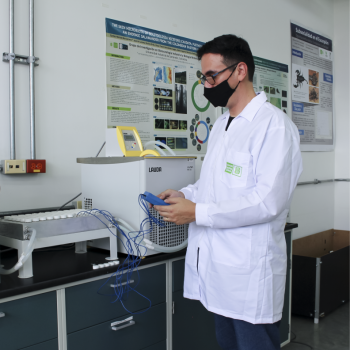
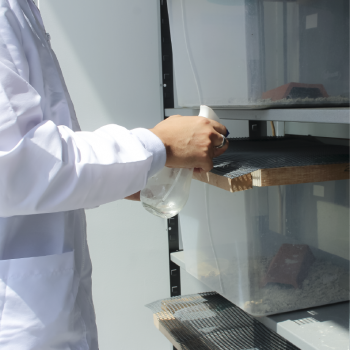
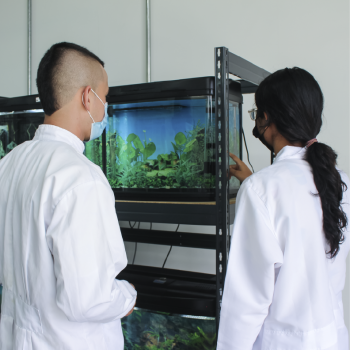
RESEARCH GROUPS
and seedbeds
AGREEMENTS
and allies
The UIS has established different agreements with national and international entities in order to have a greater impact on their training, teaching, research and related processes in the articulation of the public university with the different social actors.




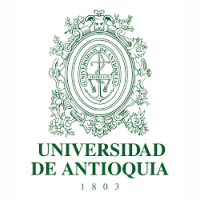


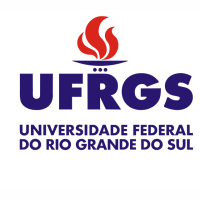

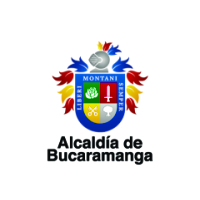
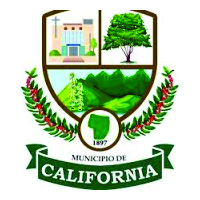
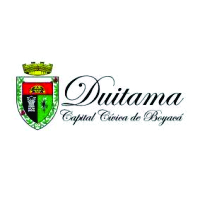
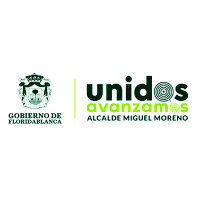
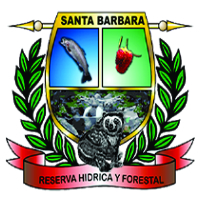
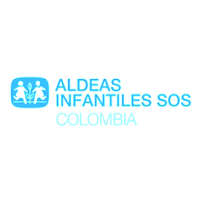
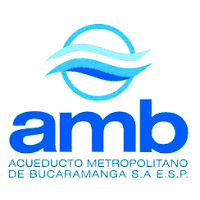
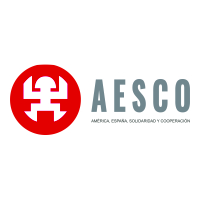
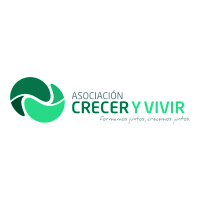
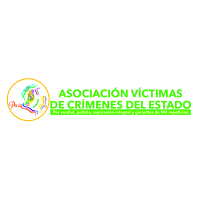

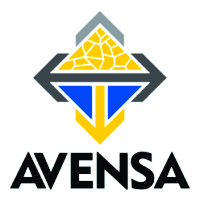


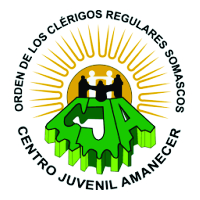
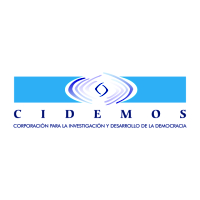
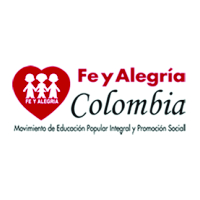
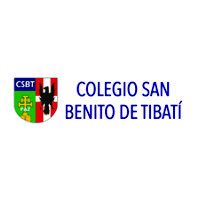
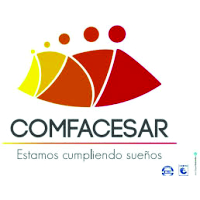
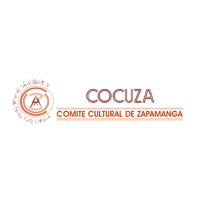


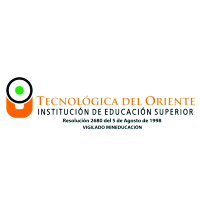
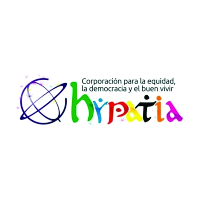
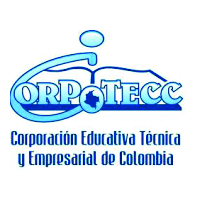

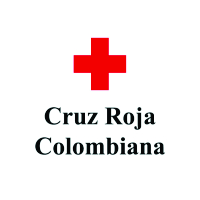
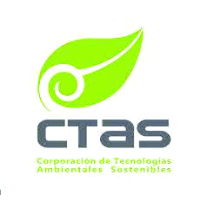
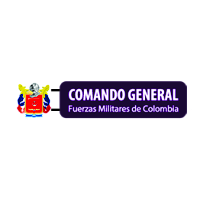
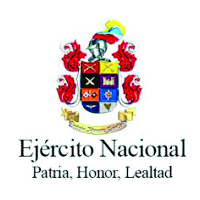
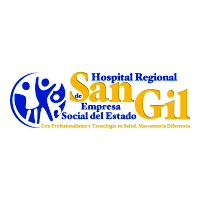

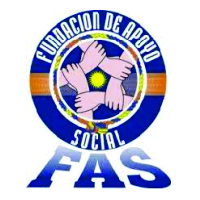
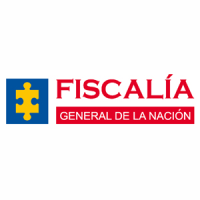

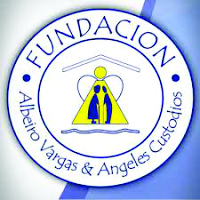
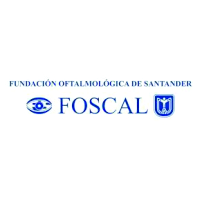



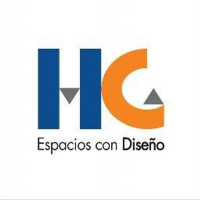
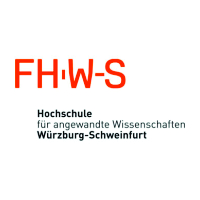



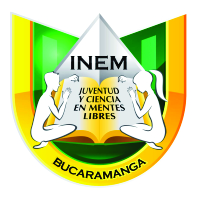
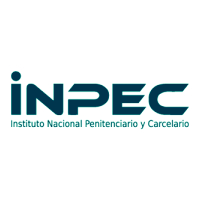
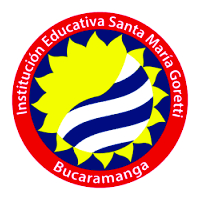
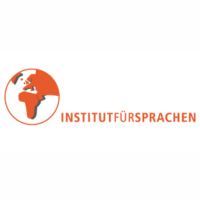
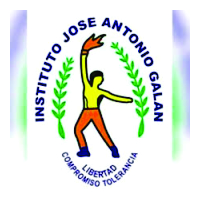
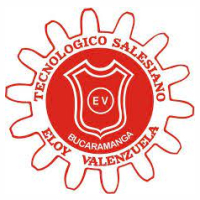
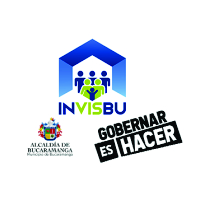
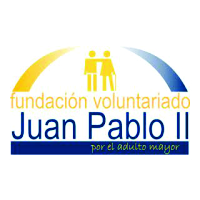
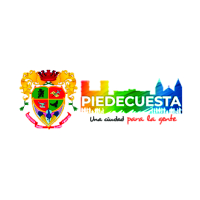
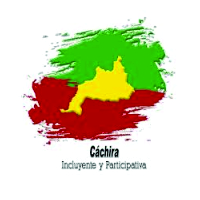
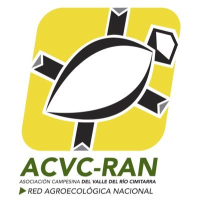

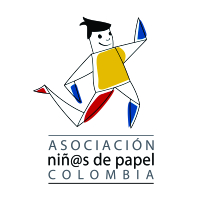
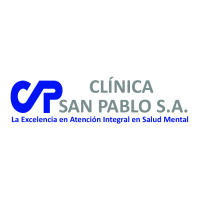
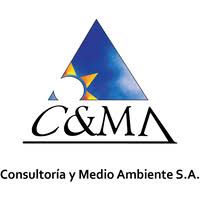
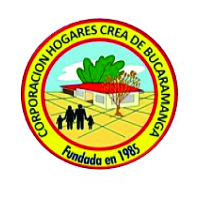

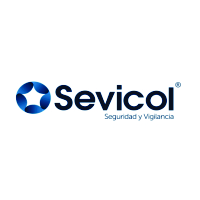
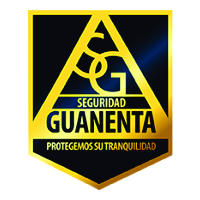

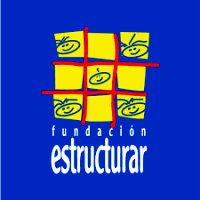
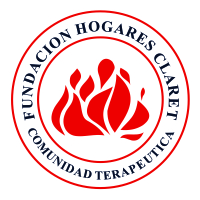

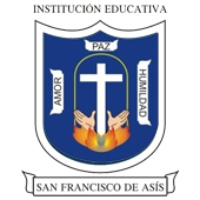
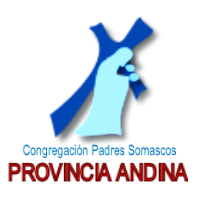
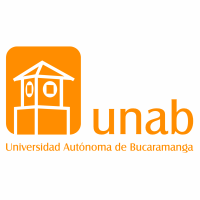
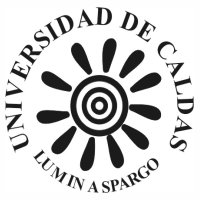
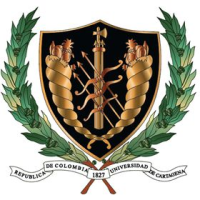
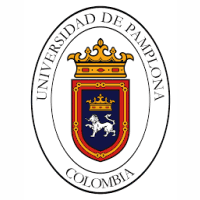
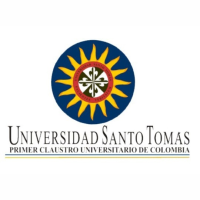
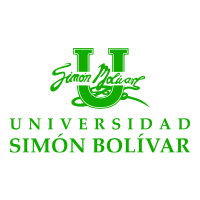
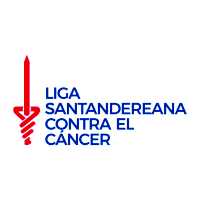
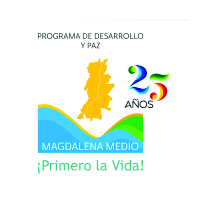

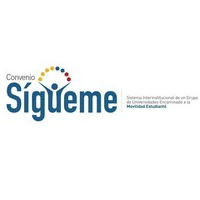

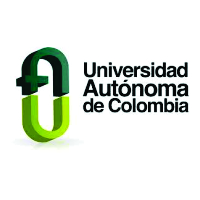
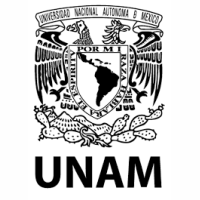
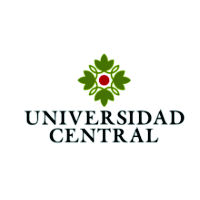
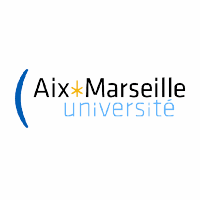
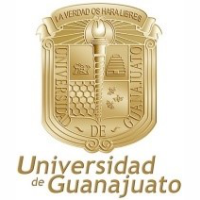
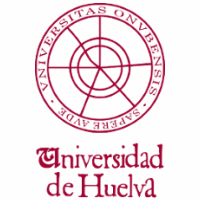
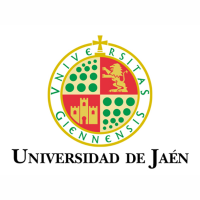
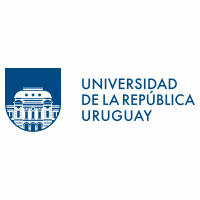
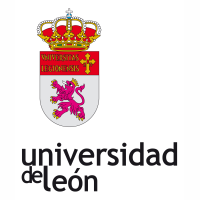
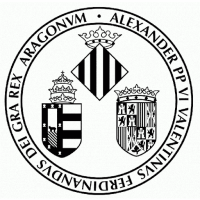
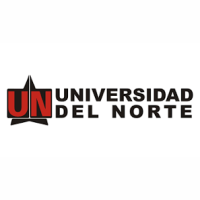
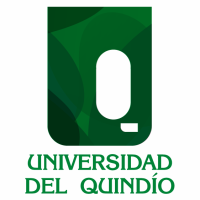
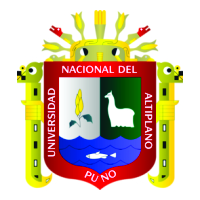
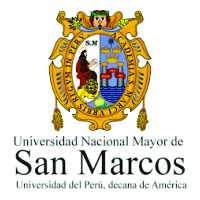
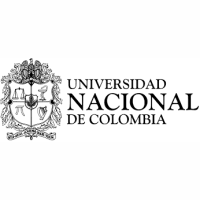
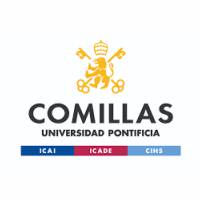
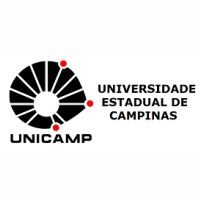
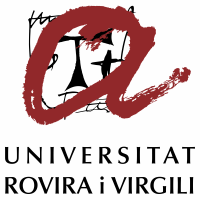

Every day something new happens!
The most important news from our school that motivates us to continue growing
DO YOU NEED MORE INFORMATION?
CONTACT US
Institute for Regional Projection and Distance Education (IPRED)
Telephone +57 (607) 634 4000
Extension: 2043 – 2621
E-mail: ipred@uis.edu.co
UIS Central Campus
Bucaramanga, Santander
Carrera 27 calle 9 (Ciudad Universitaria)
Edificio Administrativo II y III
Office Hours
Monday to Frday
7:00 a.m. to 12:00 m.
2:00 p.m. to 5:00 p.m.
DO YOU NEED MORE INFORMATION?
CONTACT US
Institute for Regional Projection and Distance Education (IPRED)
Telephone +57 (607) 634 4000
Extension: 2043 – 2621
E-mail: ipred@uis.edu.co
UIS Central Campus
Bucaramanga, Santander
Carrera 27 calle 9 (Ciudad Universitaria)
Edificio Administrativo II y III
Office Hours
Monday to Frday
7:00 a.m. to 12:00 m.
2:00 p.m. to 5:00 p.m.
DO YOU NEED MORE INFORMATION?
CONTACT US
Institute for Regional Projection and Distance Education (IPRED)
Telephone +57 (607) 634 4000
Extension: 2043 – 2621
E-mail: ipred@uis.edu.co
UIS Central Campus
Bucaramanga, Santander
Carrera 27 calle 9 (Ciudad Universitaria)
Edificio Administrativo II y III
Office Hours
Monday to Frday
7:00 a.m. to 12:00 m.
2:00 p.m. to 5:00 p.m.





